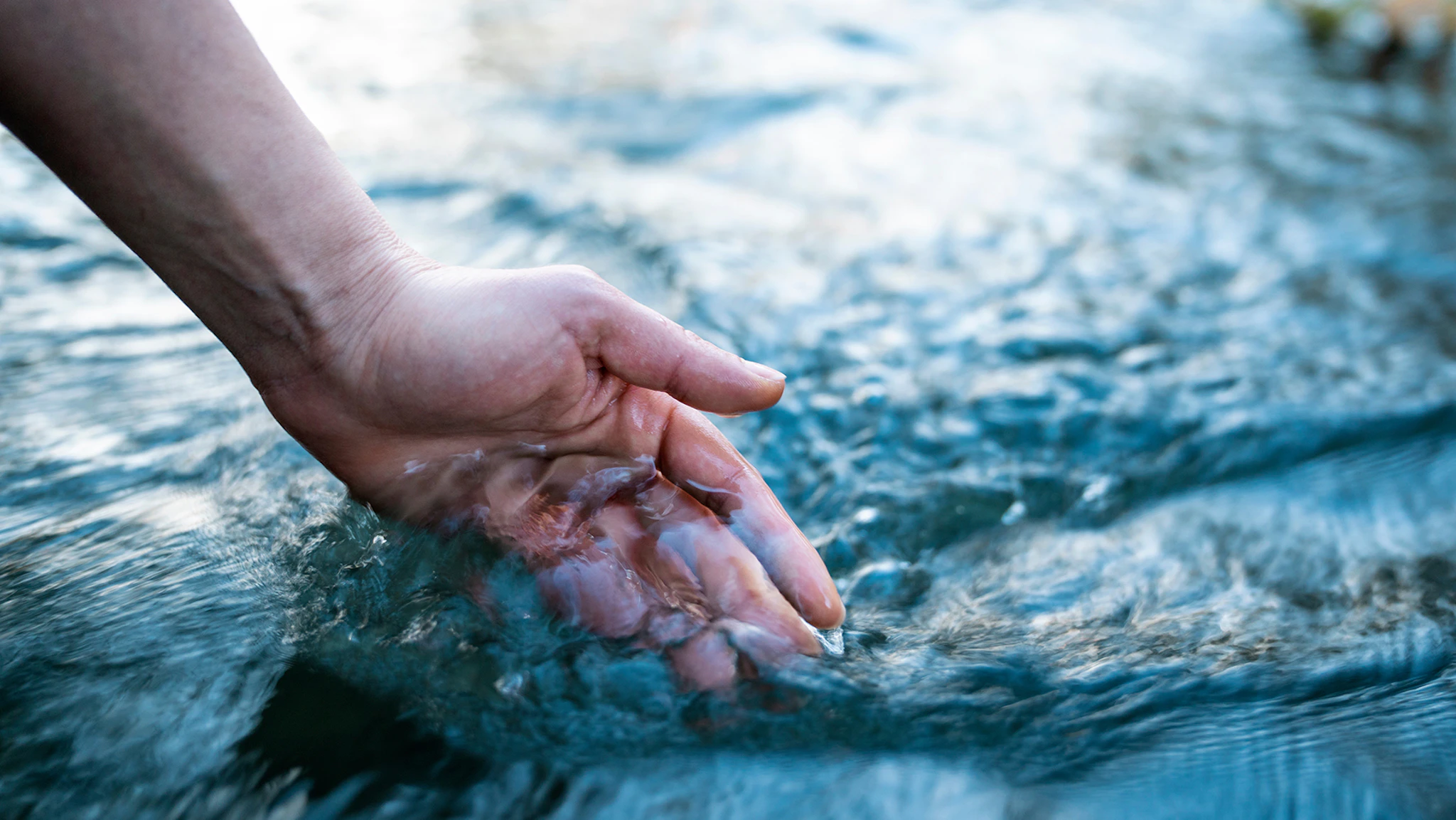It is estimated that water management - the result of energy use for water treatments and transportation, but also from wastewater decomposition, destruction of wetlands, and other areas - contributes to as much as 10 percent of global greenhouse gas emissions. Despite this, water floats on the fringe of climate conversation.

To mark World Water Day, a new report which provides high level recommendations on the most impactful actions that could be taken to deliver a low carbon water sector was released this week. Entitled 'Decarbonising Water: Applying the Voluntary Carbon Market towards Global Water Security' was released during World Water Day events in Washington DC on March 19. Supported by Gold Standard, WaterAid, HSBC, VCMI and other partners, the report was written by researchers from the University of Colorado Boulder and Castalia.
Water is at the heart of climate change impacts. With droughts, floods, and weather-related natural disasters more apparent than ever before, the impacts are being felt by individuals, communities and nations, and too often by those who contribute the least to climate change. Creating water security can have a positive ripple effect for people – such as improving health and sanitation, building climate resilience - all while helping to meet the challenge of meeting global next zero emissions.
Mobilising finance for a just transition in the water sector is vital. This new report estimates a total global potential for carbon credits generated from water-related projects to be more than 1.6billion tonnes of CO2 equivalent per year, with the potential (at an average price of USD10 per credit) of $160 billion in investments to improving global water security over next two decades. While realising this potential would require overcoming barriers in the Voluntary Carbon Market, the report determines that "the voluntary carbon market can provide a liquid market to steer private sector capital toward low-carbon activities that can help ensure water security in climate-impaired regions".
The report displays the total global addressable emission reductions credits by sector, and shows ‘Rice Cultivation’ as having the highest potential of 408 million tonnes Co2e reduction/removal per year. Gold Standard recently released a New Rice Methodology ‘Methane Emission Reduction by Adjusted water Management Practice in Rice Cultivation’ and are working with partners to make the carbon market more accessible to rice farmers, particular small-holder farmers in Vietnam (announcements coming in April 2024).
There are currently 361 Gold Standard-certified projects with verified contributions to SDG 6 Clean Water and Sanitation. These includes 301 water projects, 20 wind, 18 cookstove, and 8 Biogas projects, with the majority located in Africa. These projects have received a total of 45 million Verified Emission Reductions to date, issued on the Gold Standard Impact Registry. All Gold Standard-certified projects must contribute towards a minimum of three UN Sustainable Development Goals, with many contributing to much more than three. These contributions create shared value for the people of the local communities, who are often living in extreme poverty. Independent reports commissioned by Gold Standard in 2019 evaluated the economic value delivered by the sustainable development contributions of a variety of Gold Standard-certified projects, with water projects estimated to create US$183 of shared value per project. To date, our certified water projects have created 5 billion of shared value created – but as this report shows, the potential is much greater.
The report highlights the importance of decarbonising water in our global mission to reach net zero and potential the Voluntary Carbon Market has to channel finance towards climate initiatives with a focus on water security.
The potential is clear, we only need the right actors to catch the wave.
Example of Gold Standard-certified water projects include:
